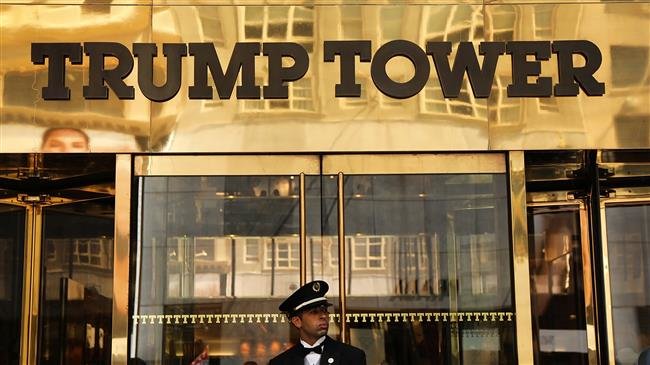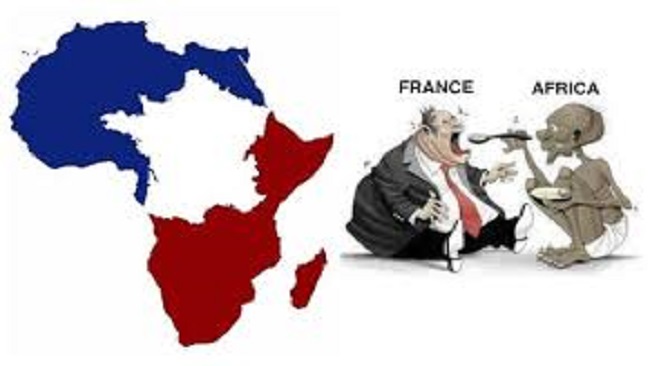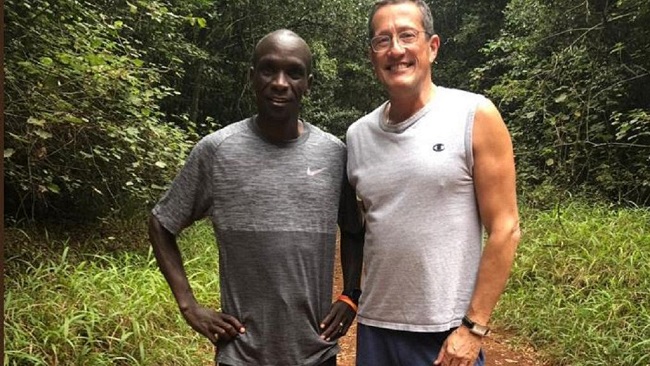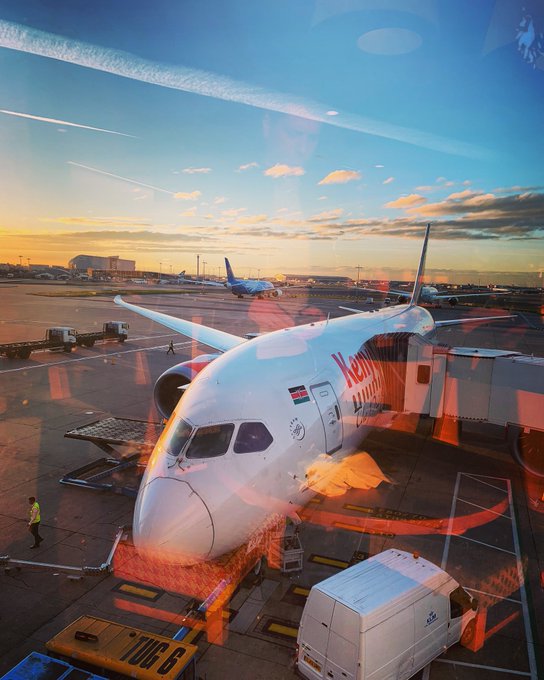20, December 2018
CEMAC countries to harmonize trade laws 0
The Central African Economic and Monetary Community (CEMAC) has finalized plans to harmonize laws governing trade in the sub-region, Fatima Haram Acyl, vice-president of CEMAC said on Tuesday.
“We are going to harmonize so we make sure that somebody that is trading in Chad, in Cameroon, Central Africa Republic or anywhere in CEMAC actually operates under the same law,” Acyl told reporters as trade ministers and economic experts from the CEMAC sub-region met in Cameroon’s economic capital Douala to adopt a legislation on competition and consumers protection.
She said the intention was to intensify integration in the sub-region that already has a single market and free trade zone.
“The CEMAC is one market. We have the same people, the same currency and free movement of people. So this exercise is very critical,” Acyl said.
The new legislation will attract more foreign investors and erase unhealthy competition and consumer exploitation that has retarded trade development in the sub-region for a long time, according to Acyl.
CEMAC is made up of Gabon, Cameroon, the Central African Republic, Chad, the Republic of the Congo and Equatorial Guinea. With a total population of about 37 million, it was established to promote cooperation and exchange among its members.
Source: Xinhuanet




























12, January 2019
Aliko Dangote still Africa’s richest man 0
Alhaji Aliko Dangote still maintains his spot as Africa’s richest man according to Forbes Magazine. The magazine disclosed that as at January 11, 2019, the 61-year-old was worth $9.9 billion.
Forbes listed him as the number one on Africa’s list of billionaires for the year 2019. The Kano State indigene has held the richest man tag for the past few years.
He was ranked the 100th richest man in the world in 2018 and number 66 on the Powerful People 2018 list – both released by Forbes.
Forbes put much of Dangote’s wealth to his cement business – the continent’s largest producer straddling most sub-Saharan African countries.
“Dangote Cement produces 44 million metric tons annually and plans to increase its output 33% by 2020. Dangote also owns stakes in publicly-traded salt, sugar and flour manufacturing companies,” Forbes added.
With a fortune estimated at $14.1 billion, the CEO of the Dangote group which has significant business interests in cement production across.
Other billionaires listed:
Behind Dangote is Nigerian oil magnate Mike Adenuga whose wealth was estimated at $9.2 billion. South African Nicky Oppenheimer, Egyptian Nassef Sawiris and Johan Rupert completed the top five with $7.3bn, $6.3 bn and $5.3bn respectively.
The eighth slot had five persons with one of them being Isabel dos Santos, Africa’s richest woman whose wealth is estimated at $2.3 billion.
She is daughter to former Angolan president Jose Eduardo dos Santos and was at a point during her father’s reign head of state oil company. She was fired by new President Joao Lourenco on allegations of financial impropriety – she flatly denies all the allegations.
Others on the eight slot of the list are Zimbabwean telecoms tycoon Strive Masiwiya and South African mining magnate Patrice Motsepe.
Source: Africa News